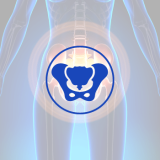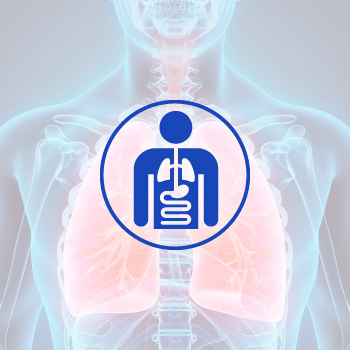Nipah Virus

NIPAH VIRUS
Nipah virus (NiV) is a zoonotic virus (it is transmitted from animals to humans) and can also be transmitted through contaminated food or directly between people.
The name, Nipah, is derived from the village in Malaysia where the person from whom the virus was first isolated succumbed to the disease. The Nipah virus was first recognized in 1999 during an outbreak among pig farmers in, Malaysia.
Natural host: fruit bats
Fruit bats, also known as ‘flying foxes,’ of the genus Pteropus are the natural hosts for Nipah virus. The virus is present in bat urine and potentially, bat feces, saliva, and birthing fluids.
Although Nipah virus has cause only a few known outbreaks, it infects a wide range of animals and causes severe disease and death in people, making it a public health concern. The case fatality rate is estimated at 40% to 75%.

- Symptoms
- Transmission
- Treatment
- Diagnosis
- Precautions
Symptoms typically appear in 4-14 days following exposure to the virus. The latest incubation period is 7 – 40 days.
Symptoms may initially include one or several of the following:
- Fever
- Headache
- Cough
- Sore throat
- Difficulty breathing
- Vomiting
Severe symptoms may follow, such as:
- Disorientation, drowsiness, or confusion
- Seizures
- Coma
- Brain swelling (encephalitis).
In the first known NiV outbreak, people were probably infected through close contact with infected pigs. Transmission is thought to have occurred via unprotected exposure to secretions from the pigs, or unprotected contact with the tissue of a sick animal.
Animal-Human Transmission
Nipah virus (NiV) can spread to people from contact with infected animals, such as bats or pigs, or their body fluids (such as blood, urine or saliva).
Food-Human Transmission
Consuming food products that have been contaminated by body fluids of infected animals (such as palm sap or fruit contaminated by an infected bat).
Human-Human Transmission
Close contact with a person infected with NiV or their body fluids (including nasal or respiratory droplets, urine, or blood).
Currently there are no licensed treatments available for Nipah virus (NiV) infection. Treatment is limited to supportive care, including:
- Rest
- Hydration and
- Treatment of symptoms as they occur.
Intensive supportive care is recommended to treat severe respiratory and neurologic complications. Consult your Doctor for prescription of medication.
Initial signs and symptoms of Nipah virus infection are nonspecific, and the diagnosis is often not suspected at the time of presentation. The main tests used are real time polymerase chain reaction (RT-PCR) using the following bodily fluids to diagnose the condition:
- Nasal or throat swabs
- Cerebrospinal fluid (CSF)
- Urine samples
- Blood samples.
Nipah virus (NiV) infection can be diagnosed during illness or after recovery.
In areas where Nipah virus (NiV) outbreaks have occurred (Bangladesh, Malaysia, India, and Singapore), people should:
- Wash your hands regularly with soap and water
- Avoid contact with sick pigs or bats
- Clean and disinfect pig farms
- Avoid trees or bushes where bats are known to rest or sleep
- Avoid eating or drinking products that could be contaminated by bats, such as raw date palm sap, raw fruit, or fruit that is found on the ground
- Avoid contact with the saliva, blood or other bodily fluids of any person known to be infected with NiV
- Contacts Tracing
| Category | Discerption | Action |
|---|---|---|
| High Risk Exposure |
|
Asymptomatic: Home quarantine with active follow up for fever by healthcare workers, twice a day for 21 days Symptomatic: (fever)- Immediate admission in designated isolation ward with ICU facility |
| Low Risk Exposure |
|
Asymptomatic: Home quarantine and follow up for fever by telephone. Symptomatic: (fever) Immediate admission in designated isolation facility |
“This article is just for educational purposes only”
Nipah Virus 2023 – Kerala India
Between 12 and 15 September 2023, a total of six laboratory-confirmed cases of Nipah virus infection including two deaths were reported by the State Government of Kerala. All confirmed cases were males within the age range of 9 to 45 years old and were reported within the Kozhikode district of Kerala.
Source: WHO: Nipah virus Infection 2023 outbreak – Kerala India


 أنقر هنا
أنقر هنا أنقر هنا
أنقر هنا












